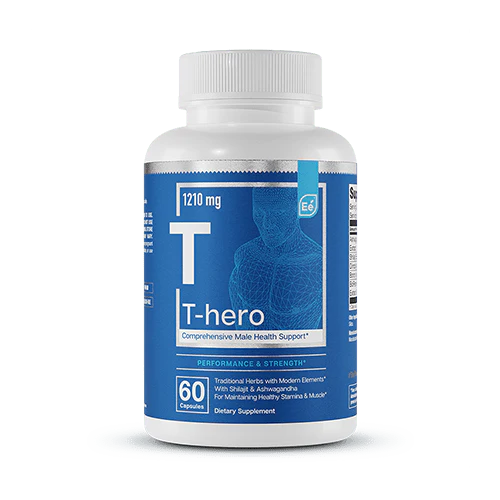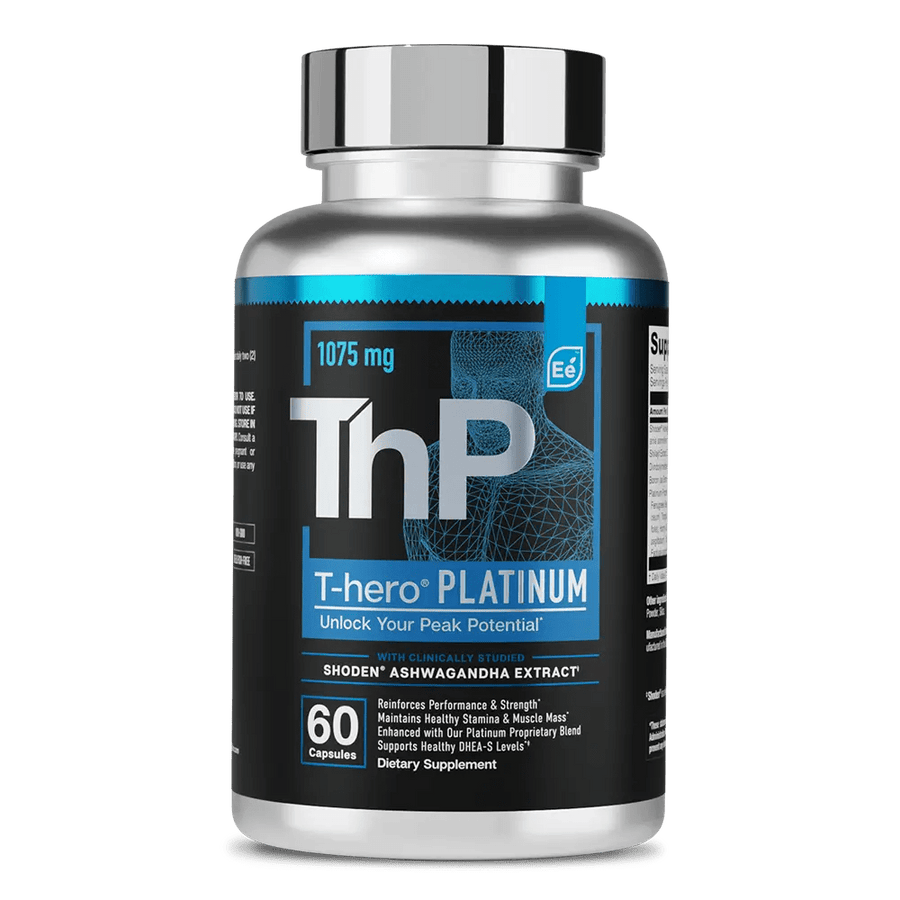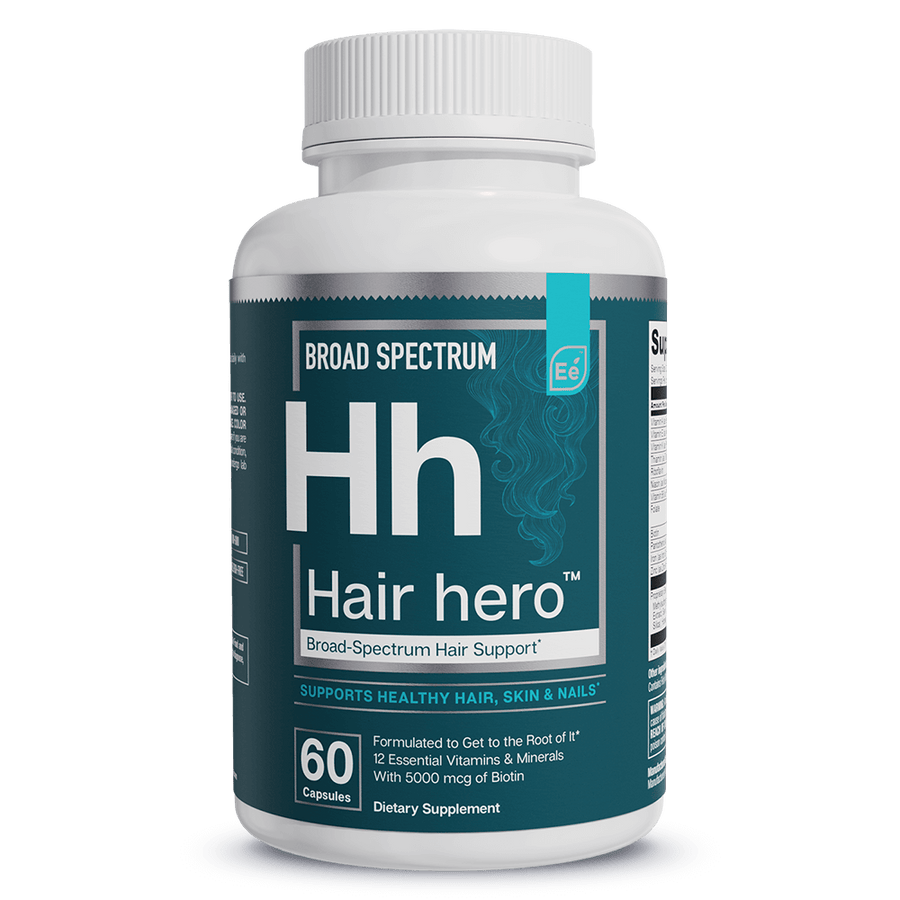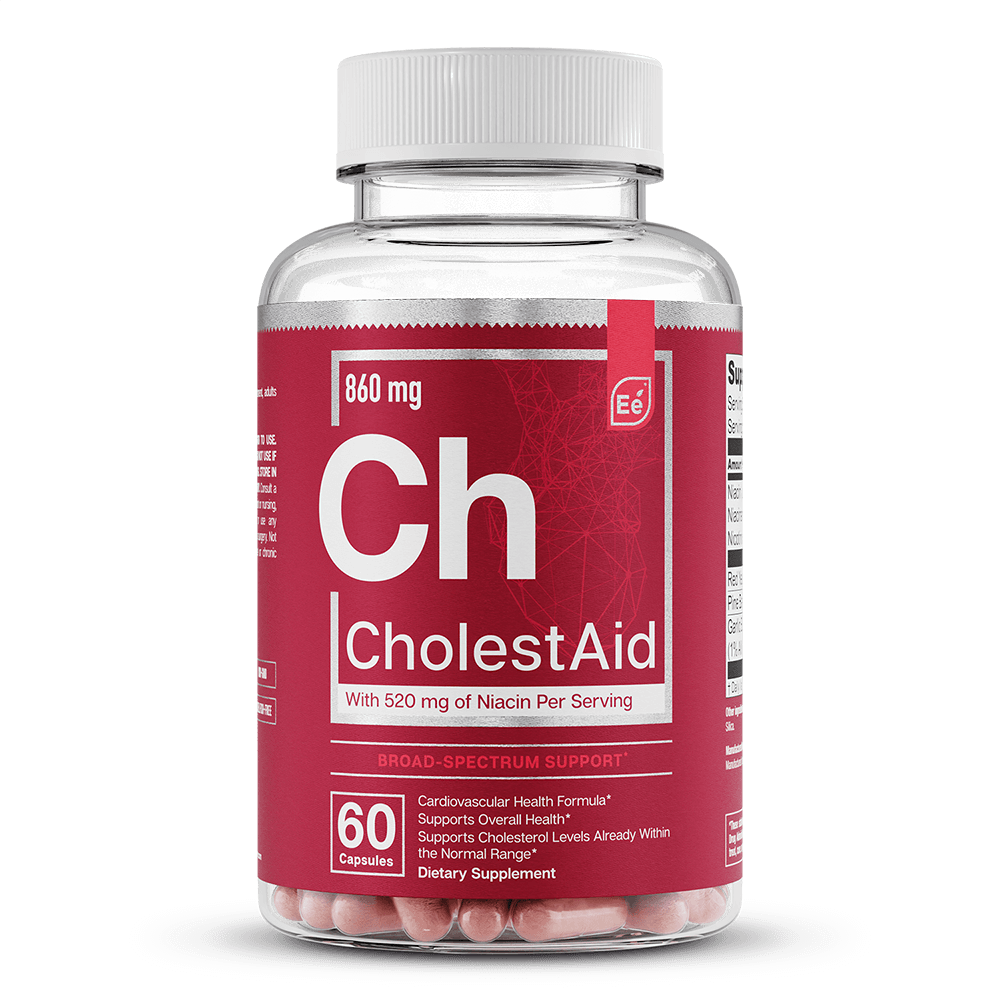A Comprehensive Guide to Naturally Supporting Healthy Testosterone Levels
As men age, maintaining the vitality, strength, and energy that defined their younger years becomes a priority. A key factor in this equation is testosterone. This primary male hormone governs everything from muscle mass and mood to energy and libido. While a decline with age is natural, modern science shows that proactive lifestyle choices can play a significant role in natural testosterone support.
For the man over 40 who is committed to living his best life, understanding men's hormonal health is the first step toward sustained wellness. This comprehensive guide is designed to provide you with a science-backed, actionable framework for supporting healthy testosterone levels through nutrition, exercise, and targeted supplementation.
Understanding Testosterone and Its Importance for Men's Health
Before diving into strategies, it's essential to understand the foundational role testosterone plays in the body and the natural rhythm of its production over a lifetime.
What is Testosterone?
Testosterone is the principal male sex hormone, though it is also present in women in smaller amounts. In men, it is primarily produced in the testicles and is responsible for the development of male primary and secondary sexual characteristics, such as a deep voice, facial hair, and muscle growth. But its influence extends far beyond these traits, impacting numerous physiological systems.
Why Healthy Testosterone Levels Matter
Maintaining optimal testosterone levels is crucial for a man's overall health and quality of life. Healthy levels are associated with:
-
Lean Muscle Mass & Strength: Testosterone supports protein synthesis, the process by which your body builds and repairs muscle.
-
Bone Density: It plays a vital role in bone health, helping to maintain density and reduce the risk of osteoporosis later in life.
-
Cardiovascular Health: Testosterone helps facilitate the production of red blood cells, which carry oxygen throughout the body.
-
Libido and Sexual Function: It is a primary driver of sex drive and plays a key role in achieving and maintaining erections.
-
Mood and Cognitive Function: Healthy levels are linked to better mood, focus, and a reduced risk of irritability and depression.
-
Energy and Vitality: Many men report increased energy, motivation, and an overall sense of well-being when their testosterone is in a healthy range.
The Natural Decline of Testosterone with Age
It is a well-documented biological fact that testosterone levels peak in early adulthood and begin a slow, gradual decline around the age of 30 or 40. On average, total testosterone levels decrease by about 1-2% per year. This is a normal part of the aging process, but the rate of decline can be accelerated by lifestyle factors—many of which are within your control.
Lifestyle Factors that Influence Testosterone
Your daily habits have a profound and direct impact on your body's endocrine system. By optimizing these four key areas, you can create a powerful foundation for natural testosterone support.
The Role of Diet and Nutrition
A well-formulated diet is non-negotiable for hormonal health. Your body requires specific macro and micronutrients to synthesize hormones effectively. Focus on a balanced intake of:
-
Lean Proteins: Provide amino acids, the building blocks for muscle and tissue. Sources include grass-fed beef, poultry, fish, and eggs.
-
Healthy Fats: Cholesterol, found in sources like egg yolks, avocados, and olive oil, is a precursor to testosterone production. Monounsaturated and saturated fats are essential.
-
Complex Carbohydrates: Help optimize testosterone levels during resistance training and aid in managing cortisol. Opt for sweet potatoes, quinoa, and oats.
Incorporating testosterone boosting foods rich in key vitamins and minerals can provide additional support.
Exercise and Testosterone Production
Strategic exercise is one of the most effective ways to signal to your body to produce more testosterone. Two types of training are particularly beneficial:
-
Resistance Training: Lifting weights, especially compound movements like squats, deadlifts, and bench presses, has been shown to elicit a significant, acute hormonal response, increasing testosterone levels post-workout.
-
High-Intensity Interval Training (HIIT): Short bursts of all-out effort followed by brief recovery periods can also provide a potent stimulus for testosterone production.
Note: Be mindful of overtraining. Chronic, excessive endurance exercise without adequate recovery can elevate cortisol and suppress testosterone production.
The Impact of Sleep on Hormonal Balance
Sleep is not a luxury; it is a critical metabolic and endocrine function. The majority of your daily testosterone release occurs during sleep. Consistently failing to get 7-9 hours of high-quality sleep can drastically reduce your testosterone levels. One study found that a single week of sleeping only five hours per night decreased daytime testosterone levels by 10-15% in healthy young men. Prioritizing a consistent sleep schedule in a cool, dark room is fundamental for hormonal health.
Stress Management for Healthy Hormones
Chronic stress is a primary antagonist of healthy testosterone. When you are stressed, your adrenal glands release cortisol. This hormone has an inverse relationship with testosterone; when cortisol is high, testosterone tends to be low. The body perceives chronic stress as a survival threat and shifts resources away from functions like reproduction and muscle-building.
Implementing stress-reduction techniques can help manage cortisol:
-
Mindfulness or meditation
-
Spending time in nature
-
Engaging in hobbies
-
Deep breathing exercises
Key Nutrients and Supplements for Testosterone Support
After establishing a foundation of healthy lifestyle habits, targeted supplementation with clinically-researched ingredients can provide an additional layer of support.
Essential Vitamins and Minerals
Several micronutrients are directly involved in the testosterone production pathway.
-
Vitamin D: Often called the "sunshine vitamin," Vitamin D functions as a steroid hormone in the body. Research has established a clear link between Vitamin D deficiency and low testosterone levels, with supplementation showing the potential to raise them to a healthier range.
-
Zinc: This essential mineral is critical for the production of testosterone. Zinc deficiency is strongly associated with low T levels, and supplementation can help restore healthy production, particularly in those who are deficient.
-
Magnesium: Magnesium plays multiple roles in supporting testosterone. It helps increase free and total testosterone levels and is involved in converting Vitamin D into its active form.
Remember: Supplementation is primarily effective for restoring normal levels in men with a diagnosed deficiency and is not proven to boost testosterone into a 'high' range in men with already sufficient levels.
The Science Behind Herbal Supplements
Certain botanicals have been used for centuries in traditional medicine to support male vitality and are now being validated by modern clinical research.
-
Ashwagandha (Withania somnifera): As a powerful adaptogen, ashwagandha helps the body manage stress by reducing cortisol levels. A landmark study using KSM-66®, a specific full-spectrum extract, showed a significant increase in testosterone levels in men after 8 weeks of supplementation.
-
Fenugreek (Trigonella foenum-graecum): Compounds in fenugreek called furostanolic saponins are believed to support testosterone production. Several studies have demonstrated that fenugreek extract can help maintain healthy testosterone levels and improve libido in men.
Creating Your Natural Testosterone Support Plan
Knowing how to increase testosterone naturally is about creating a sustainable, long-term strategy, not searching for a quick fix.
Setting Realistic Goals
Embrace a holistic approach. Focus on making consistent, incremental improvements to your diet, exercise, sleep, and stress management. Natural changes take time, so aim for consistency over weeks and months to see meaningful results.
Tracking Your Progress
Monitor key biometrics that reflect your hormonal health. Pay attention to your:
-
Energy levels
-
Mood and focus
-
Sleep quality
-
Libido
-
Performance in the gym
Keeping a simple journal can help you connect your lifestyle changes to how you feel.
When to Consult a Healthcare Professional
Before beginning any new supplement regimen or if you suspect you have clinically low testosterone, it is essential to consult with a qualified healthcare professional. They can order blood work to get a precise measurement of your hormone levels and provide a diagnosis and treatment plan tailored to your specific needs.
Frequently Asked Questions
Q: What are the signs of low testosterone?
A: Common signs include low energy and fatigue, reduced libido, difficulty achieving erections, loss of muscle mass, increased body fat (especially around the midsection), mood swings or irritability, and difficulty concentrating.
Q: How long does it take to naturally increase testosterone levels?
A: The timeframe varies depending on the individual, their starting point, and the consistency of their efforts. Lifestyle changes like improved sleep and stress management can have effects within weeks. Diet and exercise changes may take 1-3 months to show significant results.
Q: Are there any side effects to natural testosterone support methods?
A: The methods described—diet, exercise, sleep, and stress management—are generally safe and beneficial for overall health. When considering supplements, it is crucial to choose high-quality products from reputable brands and to consult with a healthcare professional, especially if you have pre-existing health conditions or are taking medication.





